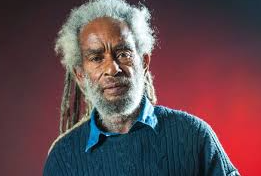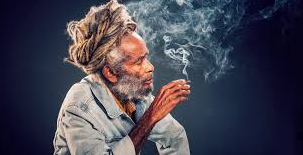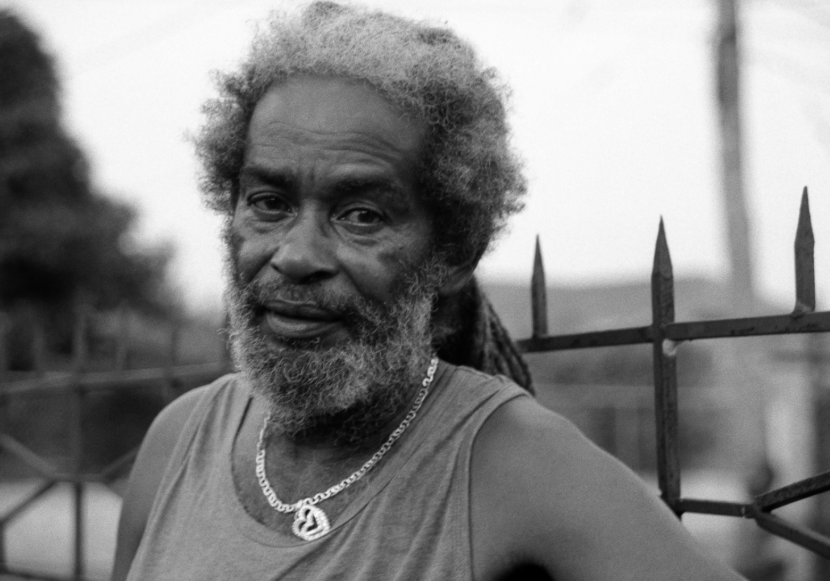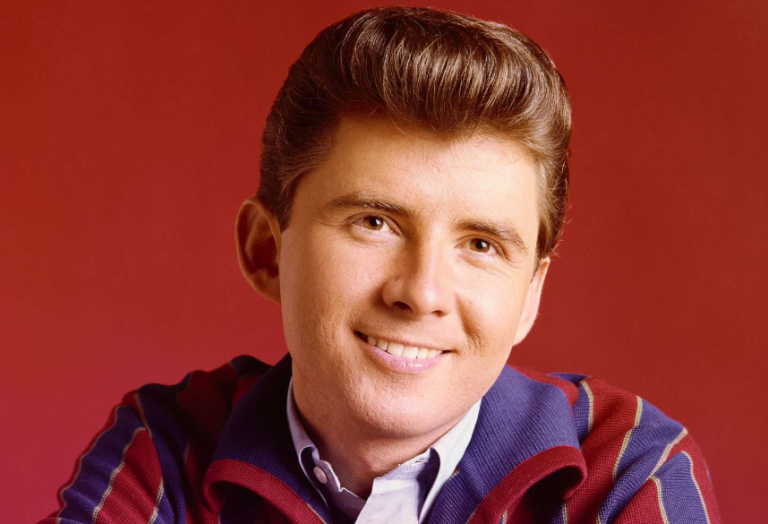Jamaican Reggae Pioneer Max Romeo Passes Away at Age 80
Max Romeo, the Jamaican reggae icon celebrated for his distinctive voice and socially conscious lyrics, passed away on April 11, 2025, at the age of 80. Though best known as a musician, Romeo’s influence reached beyond the boundaries of reggae, leaving an indelible mark on global culture and even touching other areas of entertainment and media.
Born Maxwell Livingston Smith in St. D’Acre, Jamaica, in 1944, Romeo grew up in a rural environment that profoundly shaped his worldview and later fueled his lyrical themes of resistance, struggle, love, and spirituality. He took the stage name Max Romeo early in his career, a choice that reflected both his romantic ballads and the soulful resilience of his message-driven music.

Romeo rose to fame in the late 1960s with his provocative hit Wet Dream, a song that challenged censorship norms of the time. Despite its controversial reception, it charted in the United Kingdom and established Romeo as a daring voice unafraid to push boundaries. This boldness would characterize much of his work, as he frequently addressed political oppression, social injustice, and the hardships faced by working-class Jamaicans.
His 1976 album War Ina Babylon, produced by the legendary Lee “Scratch” Perry, remains one of reggae’s defining masterpieces. The record, featuring the iconic track Chase the Devil, solidified Romeo’s reputation as both a cultural rebel and a spiritual visionary. The song’s lyrics, warning of resisting evil forces, later found new life when sampled by international stars, including The Prodigy and Kanye West, further cementing Romeo’s cross-generational impact.
Though primarily associated with music, Romeo’s creative contributions touched other entertainment platforms. His songs often appeared in film soundtracks, documentaries, and television features, introducing reggae to audiences who may not have otherwise encountered the genre. His stage presence and charisma also made him a natural fit for live performances that transcended the concert experience, blurring the line between music and theater. Over the decades, his work helped bring reggae into mainstream consciousness while never compromising its authenticity or political edge.
Romeo’s artistry was also deeply tied to his Rastafarian faith. His music frequently reflected spiritual themes, encouraging resistance against corruption while also offering messages of hope, redemption, and resilience. He became a respected cultural ambassador for Jamaica, embodying reggae’s role as both a protest movement and a healing force.
In addition to his career achievements, Max Romeo mentored younger generations of musicians, including his children, some of whom followed in his footsteps. He believed in reggae as a living tradition, not just a genre tied to the past, and actively nurtured new talent that could carry its message into the future.
Fans and fellow artists alike have expressed profound grief at his passing. Tributes poured in from across the world, reflecting not only on his unforgettable songs but also on the warmth, wit, and humanity he brought into his interactions. Romeo’s legacy is one of perseverance—an artist who emerged from humble beginnings to become a global voice for truth and justice through rhythm and melody.

At 80, Max Romeo leaves behind a vast catalog of music, a devoted fan base, and an enduring influence that stretches far beyond reggae. His words and melodies continue to resonate with those who seek both comfort and courage in turbulent times. More than just a singer, he was a storyteller, a truth-teller, and a bridge between Jamaica and the world.
As the world reflects on his life, Max Romeo will be remembered not only for classics like Chase the Devil but also for proving that music, when rooted in conviction, can transcend borders, genres, and generations.







